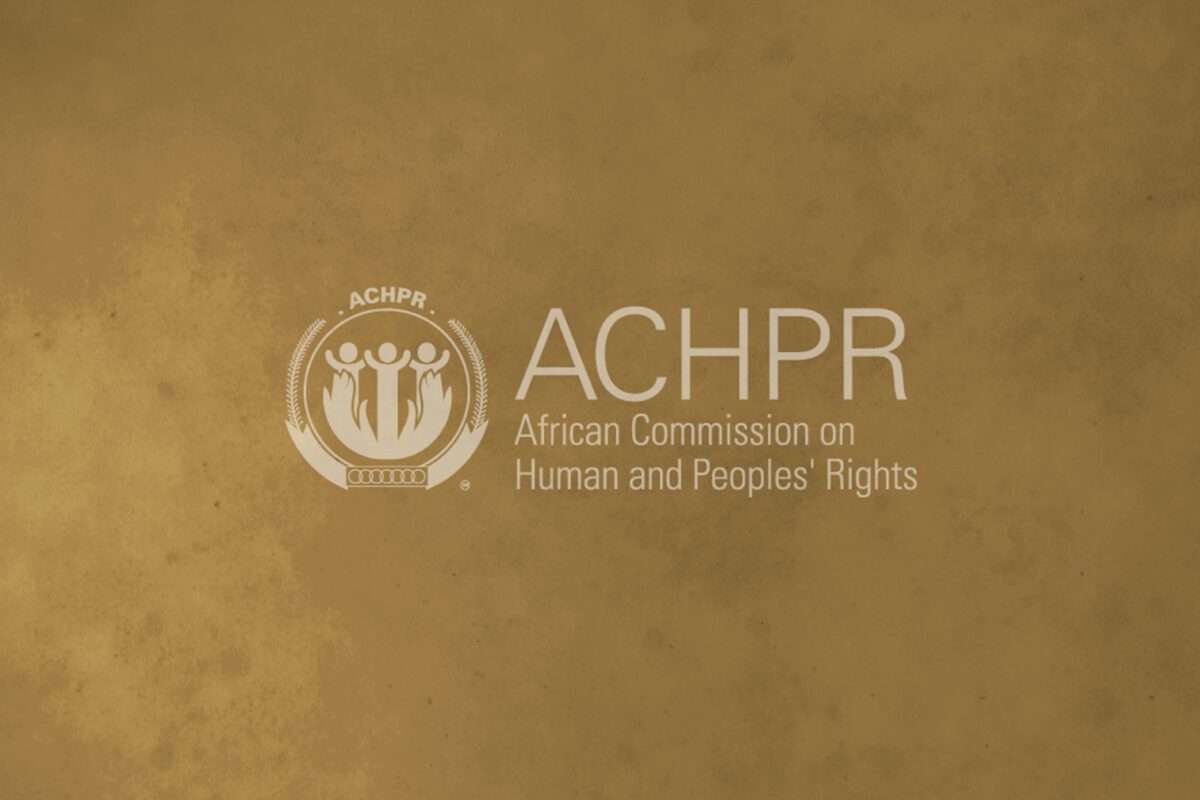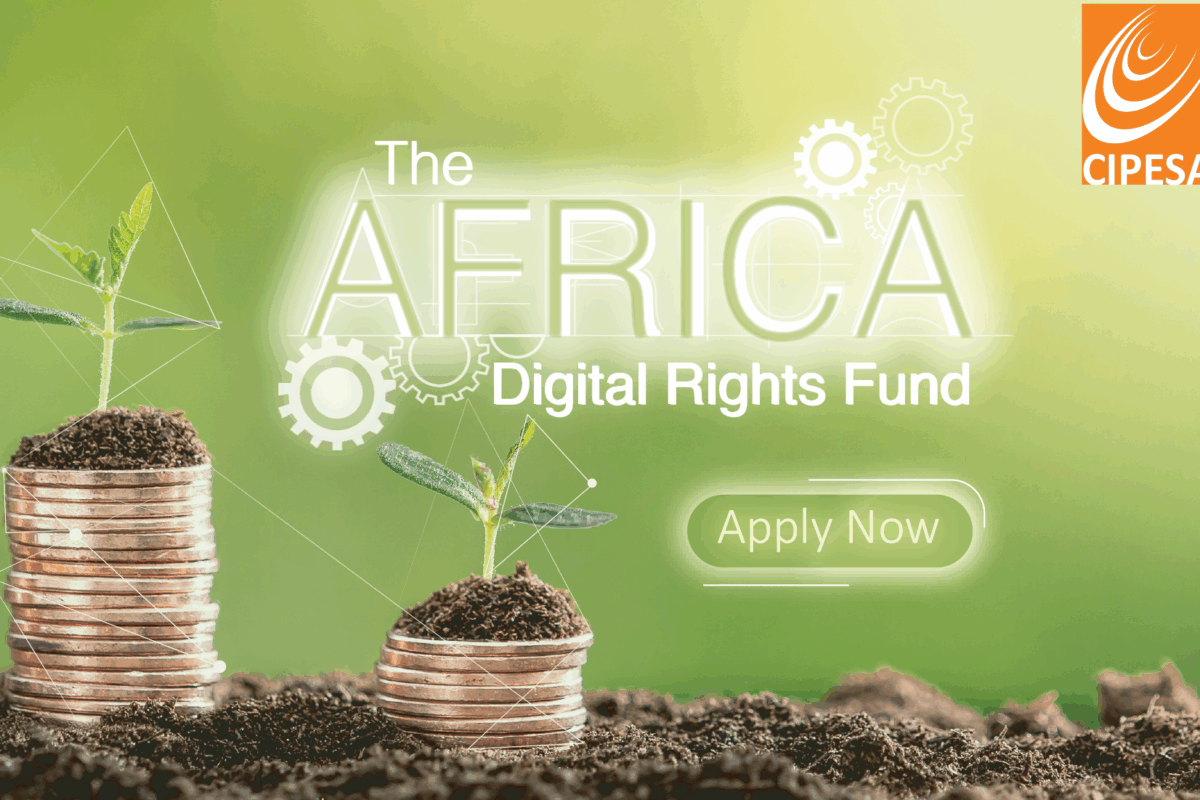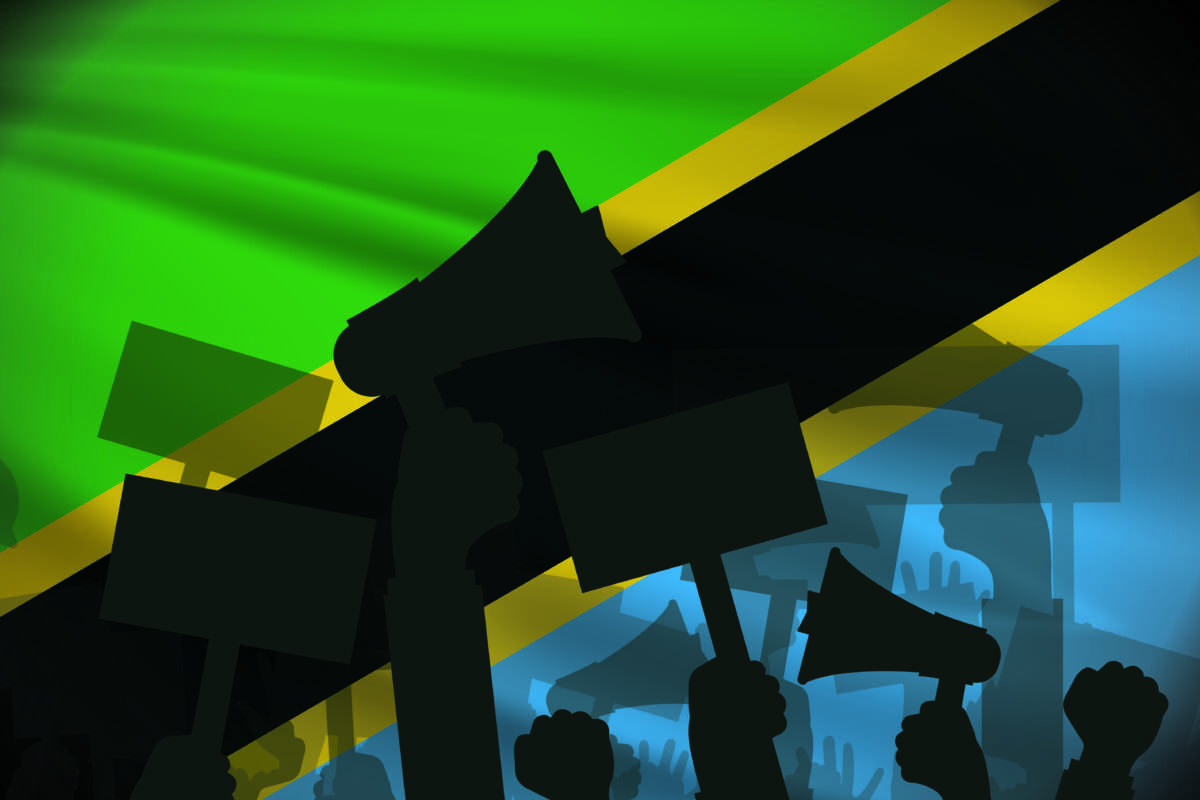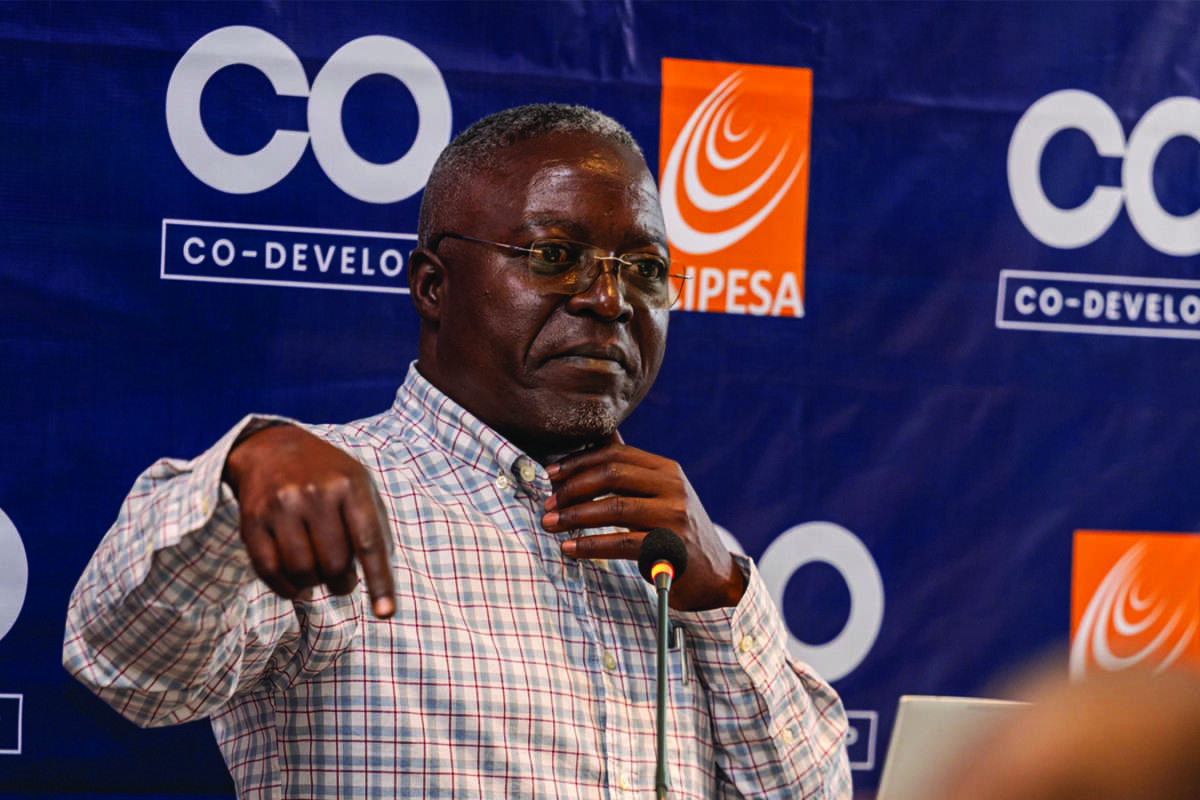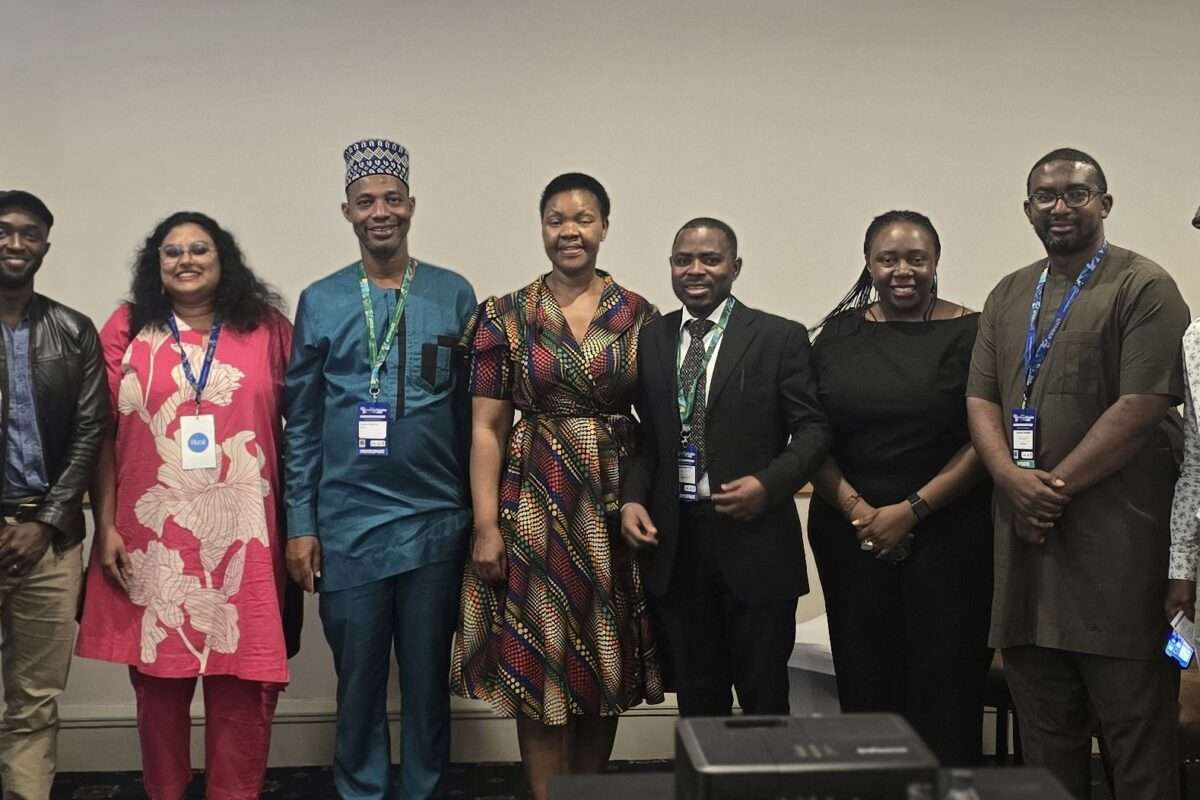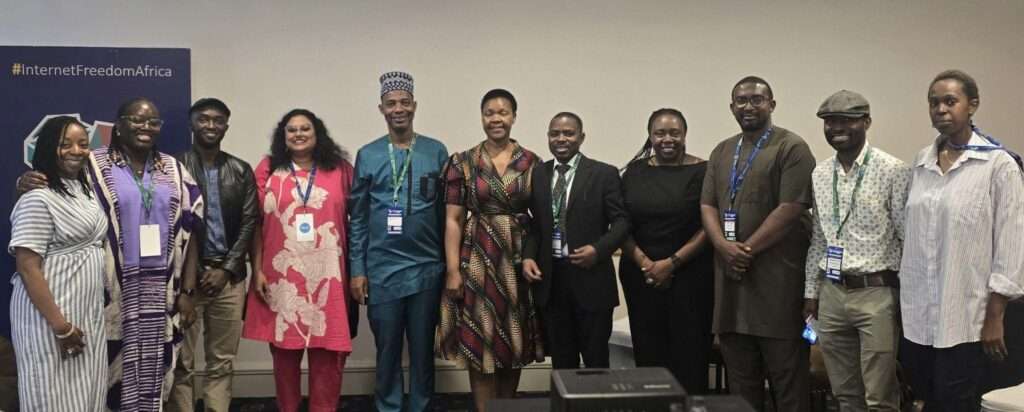By Edrine Wanyama |
In March 2024, the African Commission on Human and Peoples’ Rights passed a resolution that calls on states to desist from shutting down the internet during elections. Yet, that same year registered a spiral in internet disruptions, and 2025 has similarly seen several countries disrupt digital networks. This begs the question: Can this resolution actually be leveraged to stem the tide of network disruptions on the continent?
The Resolution on Internet Shutdowns and Elections in Africa – ACHPR.Res.580 (LXXVIII) urges states to ensure unrestricted access to the internet before, during and after elections. This, it states, is in line with protecting freedom of expression and access to information, which are guaranteed by article 9 of the African Charter on Human and Peoples’ Right.
Last year, the number of internet disruptions in Africa rose to 21, up from 17 in 2023, according to figures by the KeepItOn coalition. In 2025, a number of countries holding elections have imposed disruptions, and shutdowns. Tanzania, Cameroon are the latest addition to electoral related disruptions while Sudan over examinations and Libya over public protests in the same year implemented internet disruptions.
The Resolution among others calls for state parties’ compliance with the African Charter on Democracy, Elections and Good Governance and other regional and international human rights instruments. It also calls for open and secure and while also sounds the call for telecommunications and internet service providers to inform users of potential disruptions and exercise due diligence to resolve any disruptions expeditiously.
Eight years ago, Resolution on the Right to Freedom of Information and Expression on the Internet in Africa – ACHPR/Res.362(LIX)2016 was passed which urged States Parties to not only respect but also to “take legislative and other measures to guarantee, respect and protect citizen’s right to freedom of information and expression through access to Internet services.”
However, to date, neither of these Resolutions appear to have an impact on the path that access to information nor freedom from internet shutdowns have taken in Africa. The spaces to exercise digital democracy remain shrinking as do the spaces for citizens to assert their rights for government transparency and accountability.
The latest mis-happenings have been recorded in the October 2025 election in Cameroon which bore witness to internet disruption.. Within the same month, Tanzania imposed internet disruptions similarly blocking access across the country.
Conversely, these disruptions are implemented despite constant calls from civic actors from the local and international community on governments of Tanzania and Cameroon to desist from internet disruptions due to the associated dangers including erosion of public trust in the electoral process and undermining credibility of elections, cutting off expression, access to information and documentation of human rights violations.
Trends by African governments in total disregard of the efforts and calls by the Commission lie squarely on often applied broad and ambiguously fronted justifications of managing disinformation and maintaining public order.
Internet shutdowns and disruptions are a tool for controlling or limiting electoral narratives, suppressing the gathering and flow of evidence and information by key actors such as journalists, citizens and election observers.
Electoral processes including voter turn-up, electoral malpractices, intimidation, human rights violation, and brutality of governments and their agencies often go hidden and unnoticed. Internet shutdowns and disruptions constitute a tool for demobilising opposition actors by curtailing coordination, vote counting and the opportunity to mobilise, assemble and associate.
As other countries including Côte d’Ivoire, Central African Republic, Guinea-Bissau, Namibia, Guinea-Bissau, gear up for elections in the remainder of year, and in 2026 including Cape Verde, Benin, Republic of the Congo, Morocco, Gambia, Ethiopia, Djibouti, São Tomé and Principe, South Sudan, Uganda and Zambia, fears of mirroring actions are more intense than ever.
Without clear punitive measures and enforcement mechanisms, the Commission’s resolutions continue to suffer impunity actions which potentially dominate curtailment of the democratic landscape that further exacerbate economic losses, cripple businesses, stifle innovation, and human rights violations.
The continued undermining of the Resolutions that emerge from the Commission on democracy and an open internet during elections requires joint and collaborative actions by both the state and non-state actors to give them the legal effect they deserve.
The Collaboration on International ICT Policy for East and Southern Africa (CIPESA) hence calls on stakeholders including:
- Civil society organisations, human rights defenders, and legal practitioners to proactively pursue strategic litigation in both national and regional courts to secure strategies, actions and measures that push States parties into compliance with the regional human rights instruments.
- The African Union political organs such as the peace and Security Council (AUPSC) and the election observation missions to adopt and integrate internet freedoms in the undertakings as a key security and governance tool.
- Establish legal harbours that protect telecommunications companies and internet service providers from the overreach powers of governments that often rely on overly broad laws to order internet shutdowns especially in election periods.

